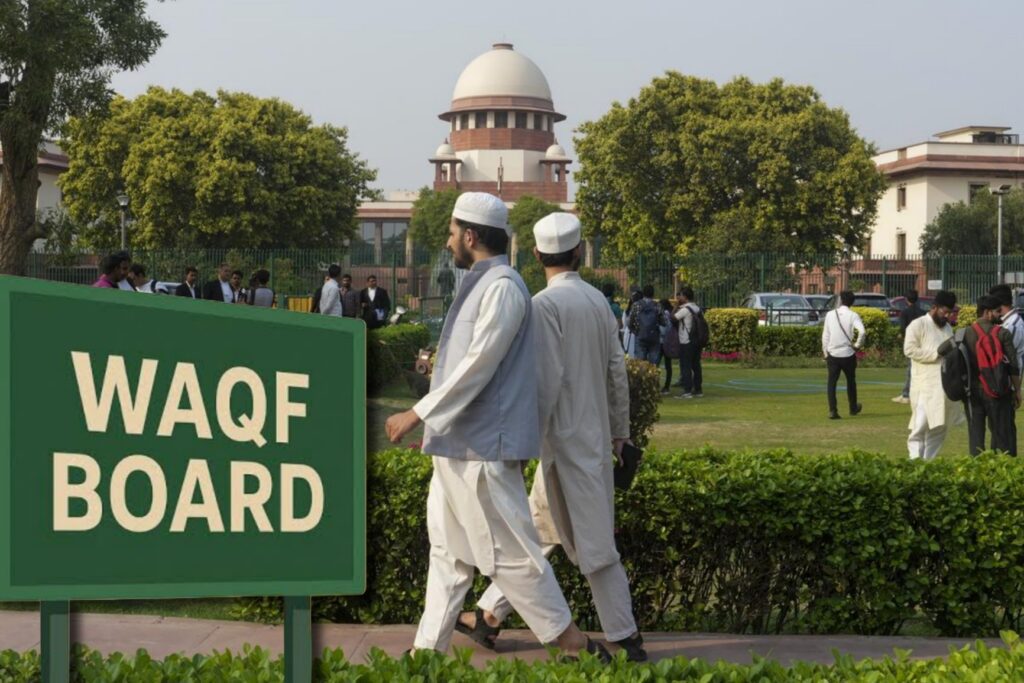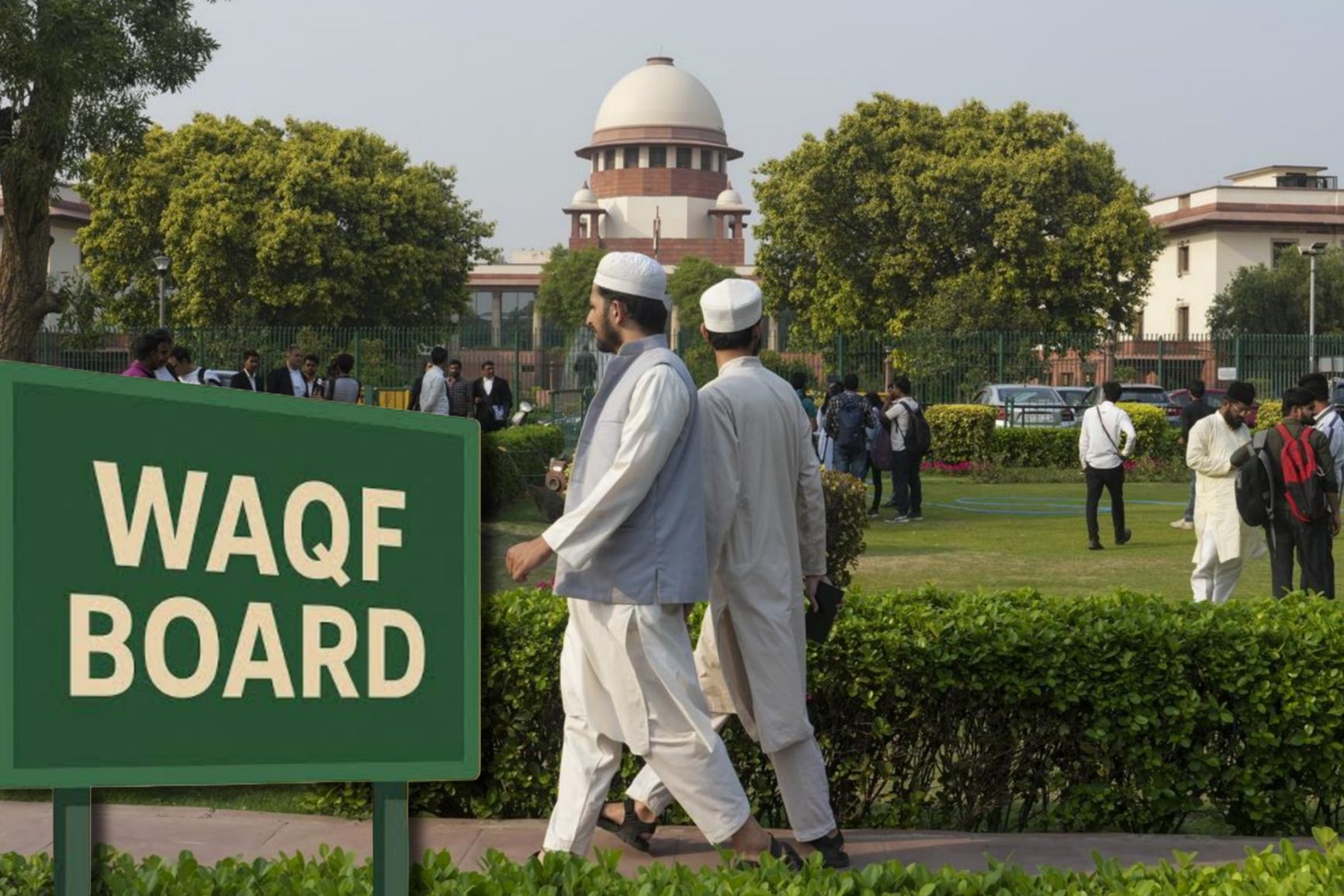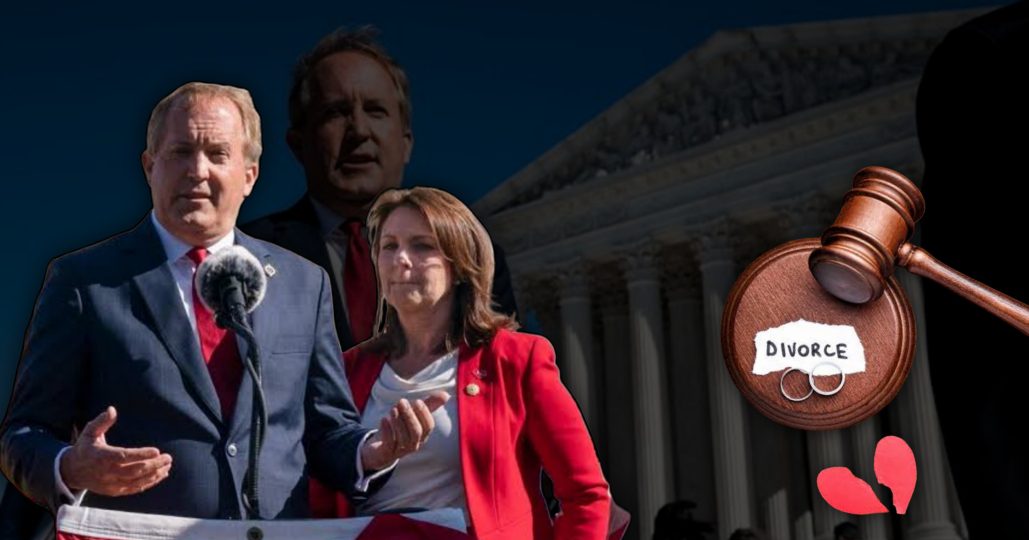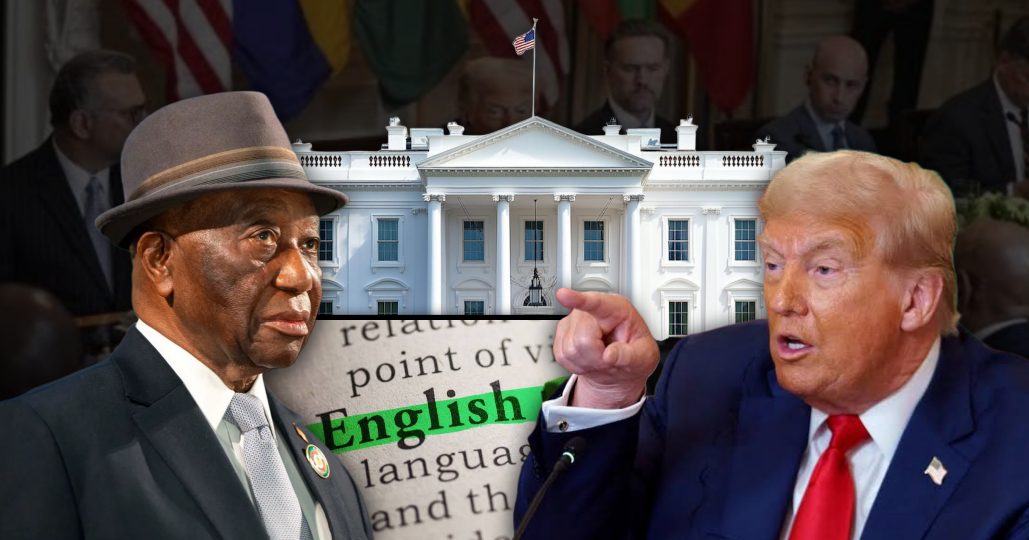Many things related to Waqf are now being done against Muslims. Ideas are being put forward that Waqf properties do not belong to Muslims alone. The central government is saying that Hindus should also be in the position of Waqf administrator. Let’s see what the Supreme Court has published on this..

What is Waqf Act?
Waqf is a legal arrangement that manages the religious and cultural properties of the Muslim community. Through this, lands and funds for mosques, Islamic schools, hospitals, etc. are managed. In India, it is managed by state Waqf boards.
What has changed in the 2025 Waqf Amendment Act?
The central government has made some important changes in the Waqf Act 2025. Let us see the changes in detail here:
Reduction of powers of State Waqf Boards
- Earlier, there were State Waqf Boards in each state. They managed the Waqf properties (lands, buildings, farms) in that state.
- With the 2025 amendment, this power has now gone to the Central Government. That is, from now on, the maintenance of those properties will be done by committees appointed by the Central Government. It will be centralized (central level) without separate administration according to the states.
Property management power to the Central Government
- According to the previous law, the State Waqf Boards took decisions like renting or selling Waqf lands.
Now, the decisions like:
∆ Can such properties be rented?
∆ Can they be sold?
∆ Can they be handed over to someone?
The Central Government takes all the decisions.
The central government will decide on the allocation of funds and expenditure
- Earlier, the Waqf boards decided how to spend their funds (revenue, donations, rent income). After this amendment, the central government will also decide how the funds related to Waqf should be used
READ MORE : Harshad mehta net worth
Why is the 2025 Waqf Amendment controversial?
This amendment has brought about some major changes. Accordingly, some political and social organizations are opposing it. Because:
The power of the state governments has been reduced
According to Article 246 of the Indian Constitution, “Religion and secular matters” should be the responsibility of the states. But what this Waqf amendment does is transfer that power to the central government. There is an implicit accusation that this may be against the constitution.
Strong opposition from the Muslim community
- Waqf properties are generally properties donated by Muslims for centuries for their religious needs (mosque maintenance, schools, medical services etc.).
- Now if the central government starts managing them:
“Muslims are losing their rights to their own properties,” say Muslim organizations.
Who is saying what in particular?
A prominent Muslim organization called Jamiatul Ulama-i-Hind says:
“The central government controlling our properties is against our religious freedom.”
Muslim community leaders say:
“Waqf funds are used for social services like schools, medical services, green centers. If the central government controls them, these services will be affected.”
Supreme Court’s interim order: Simple explanation
1.Ban on new appointments
No new administrators or members can be appointed in Waqf Boards. That is, the existing administrators must continue. No new members can be added.
2.Property transfer ban
Wafk properties (land and buildings donated to the Muslim community) are not allowed to be sold or leased. That is, no action that changes the ownership of the property should take place.
Until when is this ban?
- This ban will continue until May 5, 2025, until the next hearing.
- This is a temporary situation until the next court hears the doubts and decides.
Who is affected by this?
Impact on the Muslim community
There is a risk that many community services (religious schools, medical care, shelter homes) run through wafk properties will be paralyzed. They will not be able to manage the properties themselves.
State governments are interfering
Wafk administration was under the state government. Now the central government is interfering. This reduces the power of the state governments. That is why they are protesting.
Why is this against Muslims?
Violation of religious freedom
Article 25 of the Indian Constitution provides freedom of religion to everyone. These restrictions guarantee the following:
- The right of individuals to practice their religion with faith.
- The right of communities to maintain their religious traditions.
However, the central government’s attempt to directly manage wafk properties is seen as a violation of this freedom.
- It deprives the Muslim community of their right to handle their properties.
- This is seen as government interference in religion.
Violation of historical rights
Wafk properties
Properties that have been under the control of the Muslim community for centuries (since the British era). They have been used for education, religious services, charitable works, etc.
With the 2025 Amendment
Now, the central government can directly manage those properties. Does this take away the self-administration that the Muslim community had historically? Doubts arise. That is why many people are revolting and protesting against these changes.
What will happen next?
On May 5, 2025, the Supreme Court is going to hear the case again. On that day, the court will hear the arguments of the central government and the petitioners. Based on this, the court will decide whether to continue the interim injunction or whether a new order is needed.
Responses of the Muslim community
The Muslim community is protesting in many states of India against the changes brought by the central government in the Wafk Act. This reveals their will and opposition as a community.
The community is continuing its resistance through legal means. Mainly, cases are being filed in the Supreme Court and they are trying to find a solution through that means.
Important News
The Supreme Court’s interim stay is important as this amendment will reduce the rights of the Muslim community. This decision helps maintain the constitution and social justice.















